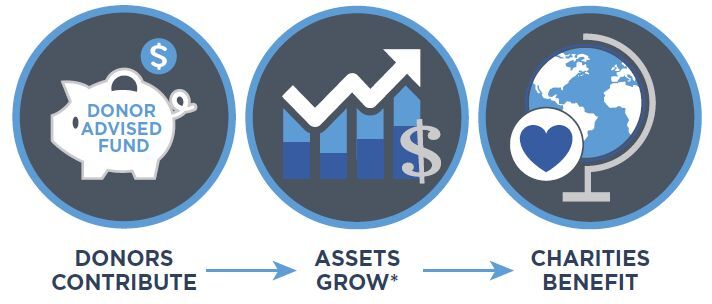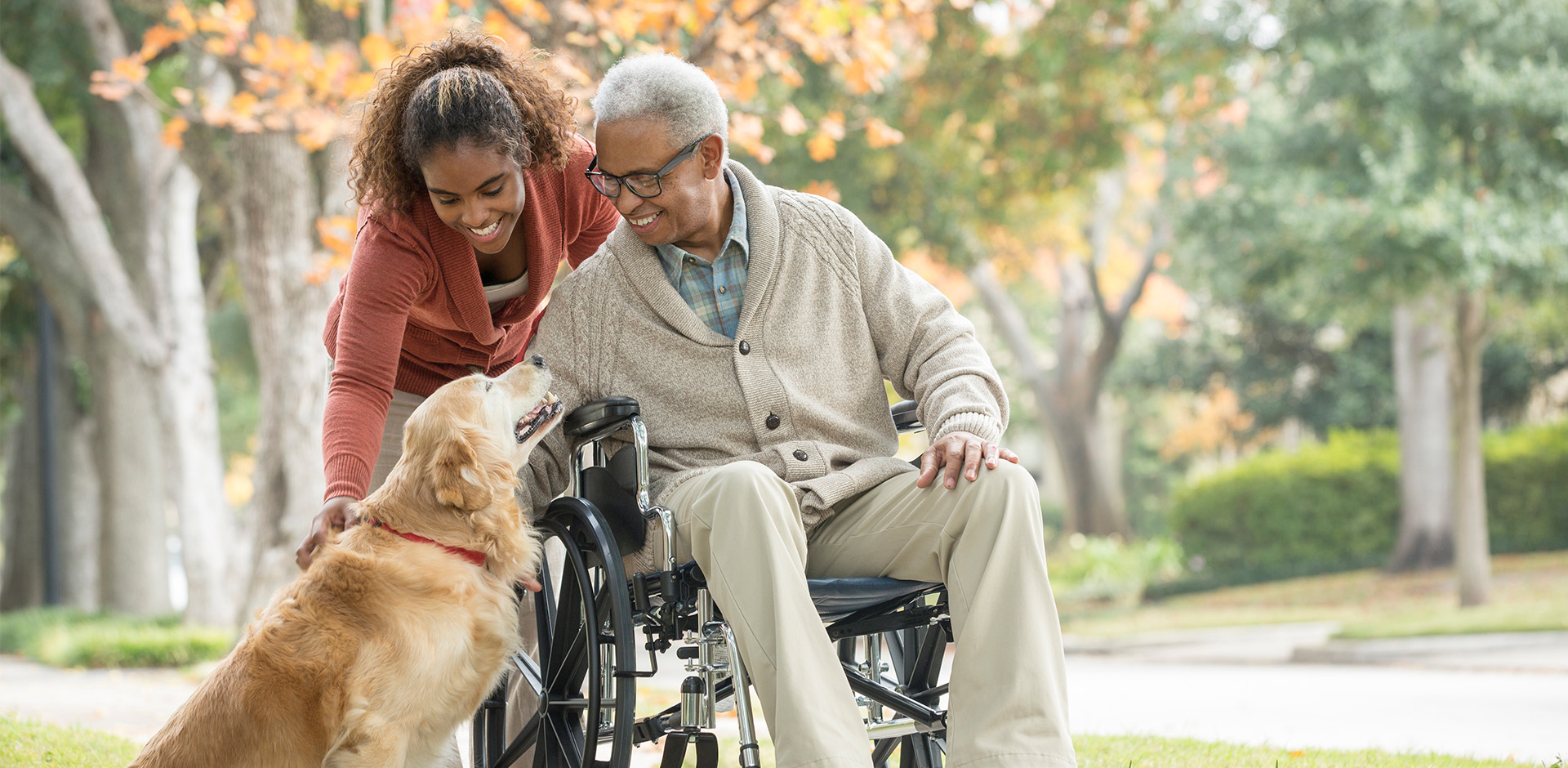Chemo-Induced PN
Chemo-related nerve damage
In some people, these medications may cause nerve damage that results in a loss of sensation or movement in part of the body. Although uncomfortable and perhaps painful, this condition is not life threatening. Peripheral neuropathy can be persistent or diminish over time (up to complete resolution) after drugs are changed or discontinued, or if the dose is reduced. It can take several months for peripheral neuropathy to completely heal after discontinuing these drugs, but the patient may start to feel better within a few weeks. In extreme cases, however, the nerve damage may be permanent.
There is no robust parameter, at the moment, to predict if a patient will develop neuropathy before the drug is administered or if the patient will recover. Therefore, it is important to mention symptoms to your treating physician (e.g., oncologist) when they first develop; your treatments can be adjusted to prevent more severe damage.
50%
Over half of all cancer patients receive it
60%
Between 30% and 60% of patients receiving certain chemotherapy drugs will experience PN
30%
Around 30% of patients still reporting symptoms even 6 months after completing chemotherapy
Anticancer Drugs
Platinum drugs (cisplatin, carboplatin, oxaliplatin)
- Taxanes (docetaxel, paclitaxel)
- Vinca alkaloids (e.g., vincristine)
- Proteasome inhibitors (e.g., bortezomib)
- Thalidomide
Other Drugs
- Anti-alcohol drugs (Disulfiram)
- Anticonvulsants: Phenytoin (Dilantin®)
- Heart or blood pressure medications (Amiodarone)
- Hydralazine
- Perhexiline
- Infection fighting drugs (e.g., Metronidazole, Flagyl®)
- Nitrofurantoin
- Thalidomide
- INH (Isoniazid)
- Skin condition treatment drugs (Dapsone)
Symptoms
(Not all symptoms and signs may be present)
- Symptoms usually first occur in feet/hands
- Numbness/loss of sensation; if relevant, you might find difficult manipulating small objects and your gait/balance might be altered
- Tingling
- Abnormal sensations
- Weakness
- Neuropathic pain: this is not the general pain sensation you might have felt when you, for example, cut your finger with a knife, had a minor injury due to a fall or an headache. Neuropathic pain is often felt in the same areas where you feel numbness; it has some specific characteristics: the affected area may give you an unpleasant burning sensation, or you may feel as if there are electric shocks, or you may feel as if pins and needles are repeatedly touching your skin, or you may feel an itching sensation. Usually, if you brush an affected area even lightly (e.g., bed sheets), you may experience unpleasant sensations.
Tests
(Not all evaluation and tests may be necessary)
- Physical examination
- Neurological exam
- Nerve conduction velocity test
- Skin biopsies
- Blood tests
Treatments
(Not all treatments and therapies may be indicated)
- Medications causing the neuropathy may be stopped or altered
- Over-the-counter pain medication for mild pain
- For severe pain, take over-the-counter pain medication or prescription drugs used for peripheral neuropathy on a regular basis—rather than waiting until nighttime when symptoms can become more severe
- Antidepressants (for pain control)
- Take safety measures to compensate for loss of sensation
- Ask your doctor about special therapeutic shoes (which may be covered by Medicare and other insurance)
- Physical therapy and balance exercises for balance and gait issues
Resource library
Read our newsletter and explore educational brochures to help expand your knowledge of peripheral neuropathy.






